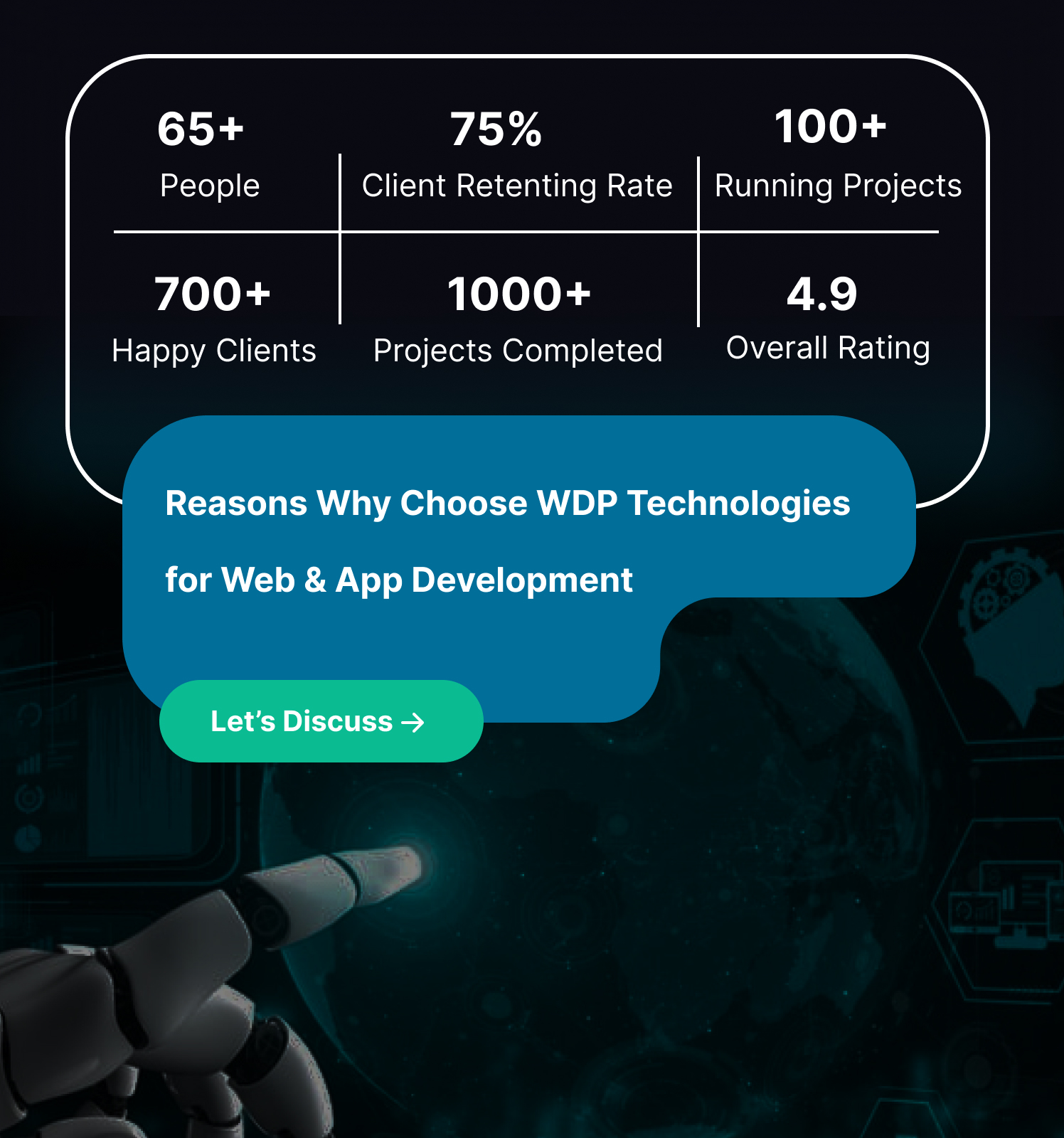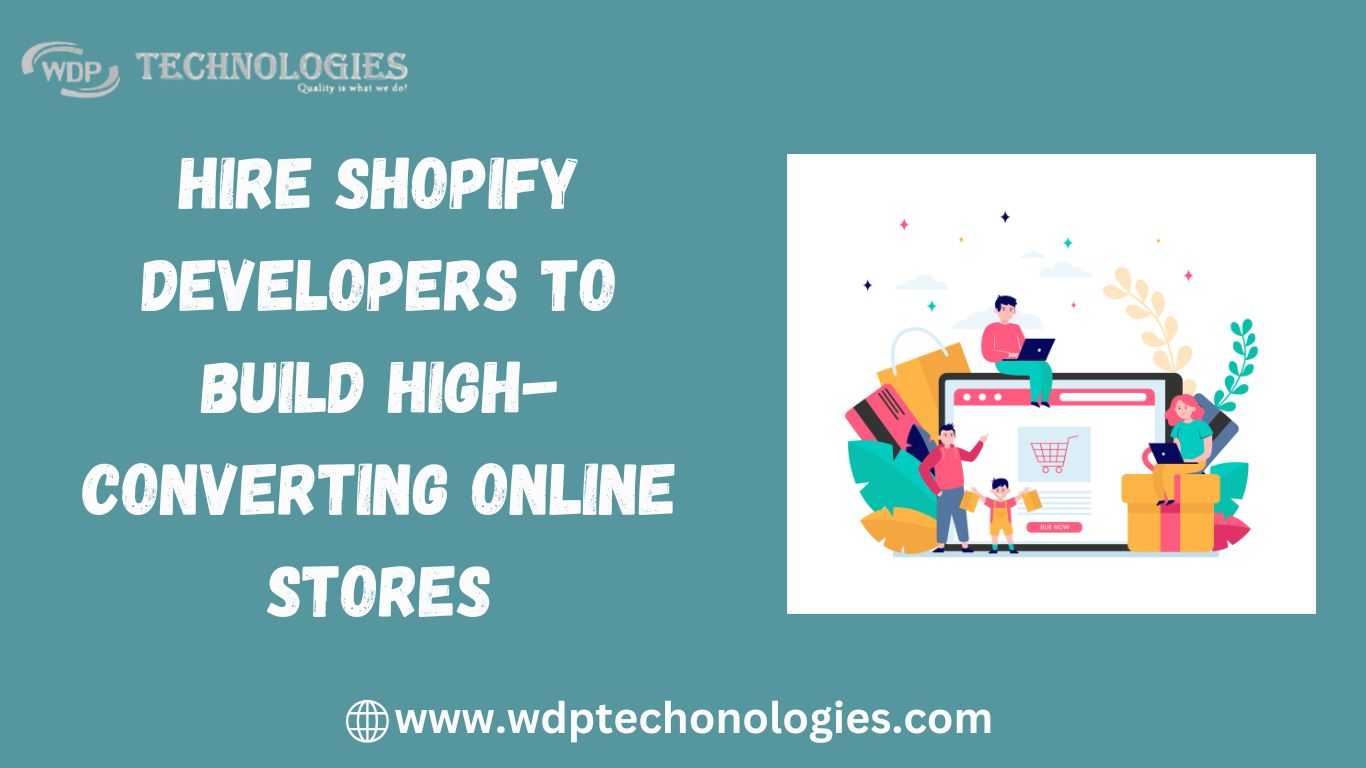In today’s fast-paced digital world, businesses increasingly rely on mobile apps to reach customers and streamline operations. However, deciding between a white-label app and building a custom app from scratch is a critical decision that directly impacts cost, time, and functionality. This blog delves into the cost analysis of these two options to help you choose the right approach for your business.
Understanding White Label Apps and Custom Apps
White Label Apps: These are pre-built applications that can be customized with your branding, features, and content. They are quick to deploy and cost-effective, making them an attractive option for small businesses and startups.
Custom Apps: These are built from the ground up, tailored specifically to meet your business needs. Custom apps offer complete control over functionality, design, and scalability but often come with higher costs and longer development timelines.
Cost Factors to Consider
1. Development Costs
White Label Apps:
Cost: $5,000 to $50,000 (depending on the provider and customization needs).
Why Cheaper: The core structure is already developed, reducing coding and development time.
Custom Apps:
Cost: $50,000 to $300,000+ (depending on complexity).
Why Expensive: Requires designing, coding, testing, and deploying from scratch, involving larger teams and resources.
2. Time to Market
White Label Apps:
Deployment: A few days to a few weeks.
Advantage: Perfect for businesses looking for a quick launch.
Custom Apps:
Deployment: 4 to 12 months or more.
Reason: Requires time for ideation, development, testing, and iterations.
3. Customization Costs
White Label Apps:
Limited customization options.
Extra costs for adding unique features or third-party integrations.
Custom Apps:
Full flexibility to include any features or integrations.
Costs vary based on the complexity of customizations.
4. Maintenance and Updates
White Label Apps:
Typically included in subscription fees.
Limited control over updates.
Custom Apps:
Requires dedicated resources for maintenance.
Full control over update frequency and scope.
5. Scalability
White Label Apps:
Limited scalability; ideal for small to medium-sized businesses.
High scalability may incur additional charges.
Custom Apps:
Designed to scale as your business grows.
Higher initial costs but long-term benefits.
Pros and Cons of Each Option
White Label Apps
Pros:
Lower upfront costs.
Faster deployment.
Ideal for businesses with basic needs.
Cons:
Limited customization.
Dependency on the provider.
Potential lack of uniqueness.
Custom Apps
Pros:
Full control over design and features.
Better scalability and flexibility.
Enhanced user experience tailored to your audience.
Cons:
Higher costs.
Longer development time.
Requires a skilled team for development and maintenance.
Which Option Is Right for Your Business?
Choose White Label Apps if:
You need a quick launch.
Your budget is limited.
Your business requires standard features.
Choose Custom Apps if:
You need unique features.
Scalability is a priority.
You have a larger budget and longer timelines.
Conclusion
Both white-label and custom apps have their merits and challenges. White-label apps are cost-effective and quick, while custom apps offer unparalleled flexibility and scalability. Your choice should align with your business goals, budget, and the level of customization you require.
Investing in the right app solution can propel your business forward, so take the time to weigh your options carefully. Whether you opt for a white-label app or a custom-built solution, the key is to ensure it meets your business needs and delivers value to your users.
For more Blogs, visit www.wdptechonologies.com













